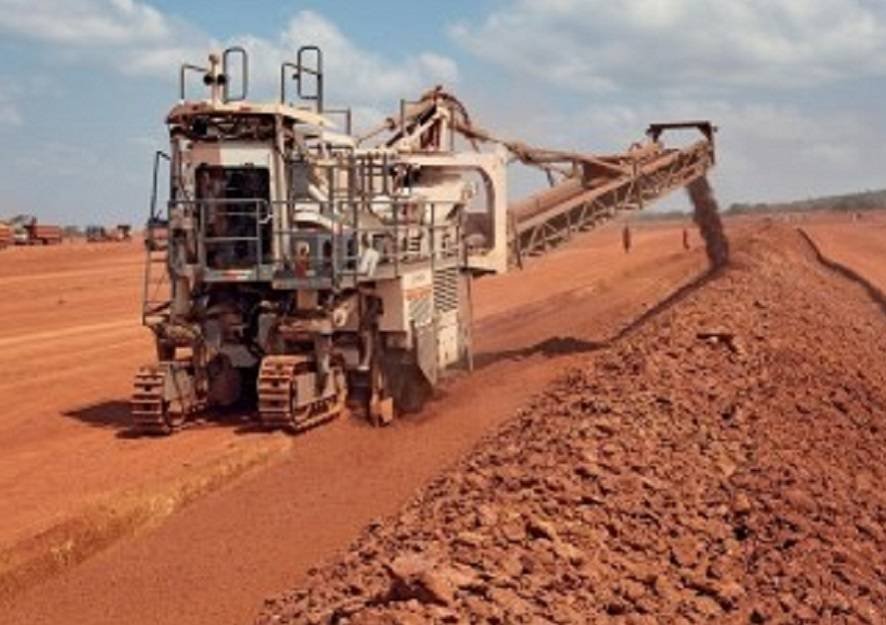Guinea is one of the poorest countries in the world in terms of Gross Domestic Product (GDP) per capital, but it has a booming mining industry that brings in millions of revenue every year. Since 2015, the West African nation has transformed into a top global producer of bauxite.
According to the World Bank, Guinea’s bauxite production increased from 59.6 million tonnes in 2018 to 70.2 million tonnes in 2019 to topple China as the world’s second-largest producer of bauxite, and competing with Australia, which is the world biggest producer of the mineral with over 105 million tonnes in 2019.
However, it has also replaced Australia to become the world’s largest supplier of bauxite to China. The country contributed 19.83% to the 353,772,000 tonnes of world production of the aluminum ore in 2019.
The bauxite industry provides Guinea with the much-needed tax revenue for the government, thousands of jobs, and profits to mining companies and their shareholders.
In 2019, the administration of President Alpha Condé initiated moves to boost the country’s energy capacity, after exerting pressure on mining companies to build bauxite refineries so as to mine bauxites into high-value alumina.
“Mines are, quite simply, development. And the mines can’t develop without energy,” Guinea’s energy minister, Cheick Taliby Sylla, said in April 2019, according to Reuters. “By 2025, we will have around 2,600 megawatts in terms of total production,” he said. “We can dedicate a quantity to (the mining companies) … We will guarantee that supply of energy.”
He said the 450-megawatt Souapiti hydro-electric dam is the first large-scale project expected to enter production. The dam is being constructed by China Water Electric with $1.3 billion in financing from China Exim Bank.
The increase in power supply, according to Guinean Mines Minister Abdoulaye Magassouba, should drive companies to stick to the refining timetables set out in their agreements with the government. “There are contractual obligations that were entered into freely by mining companies,” he told Reuters. “We plan to respect to our commitments. And we expect our partners to respect their commitments.”
Global production of bauxite is expected to mainly come from Australia, Indonesia and Guinea until 2029, according to Fitch Solutions.
Meanwhile, Human Rights Watch has documented widespread human rights abuses in communities closer to Guinea’s mining communities. “Mining companies take advantage of the ambiguous protection for rural land rights in Guinean law to expropriate ancestral farmlands without adequate compensation or for financial payments that cannot replace the benefits communities derived from land,” it said.
“Damage to water sources that residents attribute to mining, as well as increased demand due to population migration to mining sites, reduces communities’ access to water for drinking, washing and cooking. Women, who are primarily responsible for fetching water, are forced to walk longer distances or wait for long periods to obtain water from alternative sources.
“The dust produced by bauxite mining and transport smothers fields and enters homes, leaving families and health workers worried that reduced air quality threatens their health and environment,” the report added.

